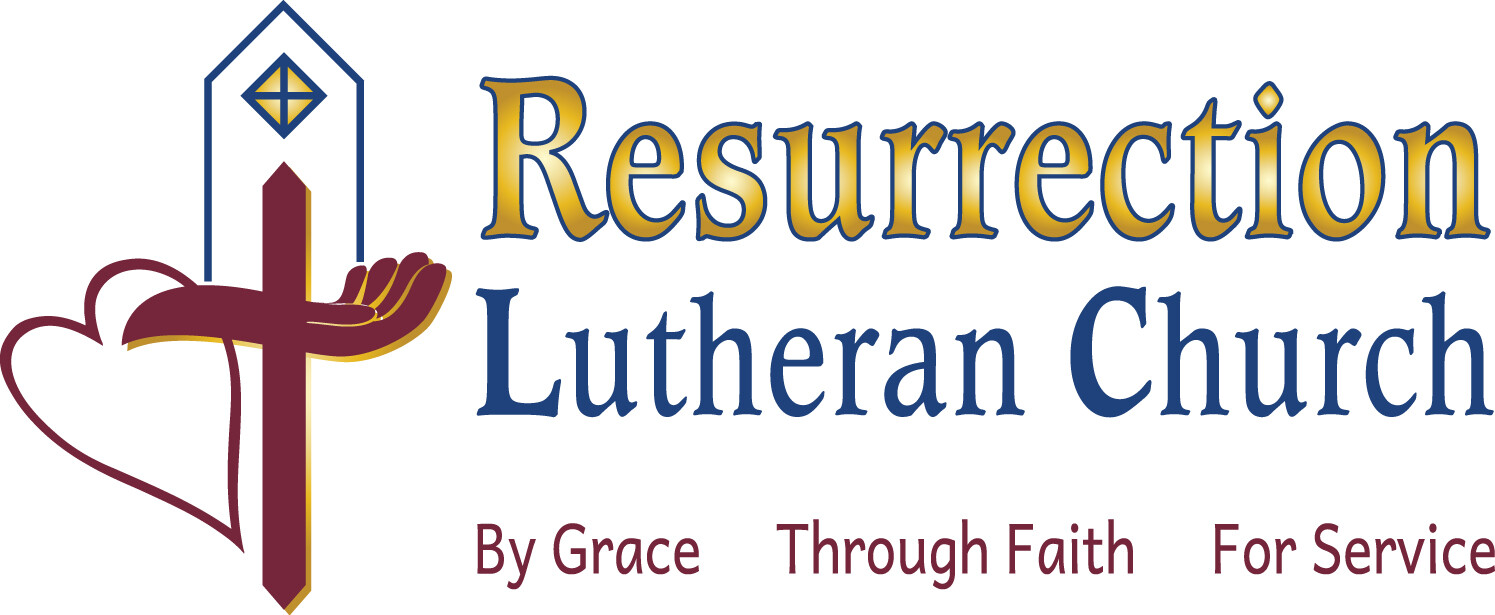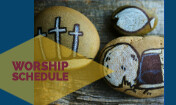Community Crisis Care is a ministry designed to provide crisis care.
Whom Do We Serve?
We serve people from the community who are not members of Resurrection Lutheran Church (RLC) through various partner agencies in the community. We also provide limited assistance directly to individuals who live in the following zip codes:
Cary: 27511, 27513, 27518, 27519
Apex: 27502, 27523, 27539
Holly Springs: 27540
Raleigh: 27606, 27607
How Do We Serve?
We provide limited funding assistance with food, utility bills, clothing, and shelter. We offer personal care and prayer for those who come to us seeking help. We provide them with links to other ministries and government agencies in the community who can help.
If you have any questions about this ministry, please call the church office during business hours at 919-851-7248.
Love Fund
The Love Fund provides financial assistance to members of Resurrection Lutheran Church who have come upon financial crisis due to job loss, high medical bills, or some other crisis that makes it difficult (or impossible) to pay their normal bills. These gifts are also given “to anyone as he has need.”
The Love Fund also provides assistance to families, especially during the season of Christmas, as an extra measure of love and generosity. These gifts are also given “to anyone as he has need.”
The pastoral staff at Resurrection provide the link from the Love Fund to anyone in need. When pastors become aware of needs in our congregation, they direct that assistance be provided. That assistance is sometimes requested by members in need, and sometimes it is offered when the pastors become aware of the need.
Confidentiality Is Respected
Gifts from this fund are given confidentially. If the recipient of the Love Fund gift chooses to send a note of gratitude to a donor, that may be arranged at times, but confidentiality is always respected.
Love Gift
As you are led by God’s free and full grace, and as the Love of our Lord Jesus Christ works in you, feel free to donate to the RLC Love Fund. This ministry is supported by offerings above and beyond our general fund offering. Those who want to assist this ministry may do so by placing an offering in the pre-printed “Love Fund” envelope or any envelope with the note “Love Fund.” Checks should be payable to Resurrection Lutheran Church or RLC.




